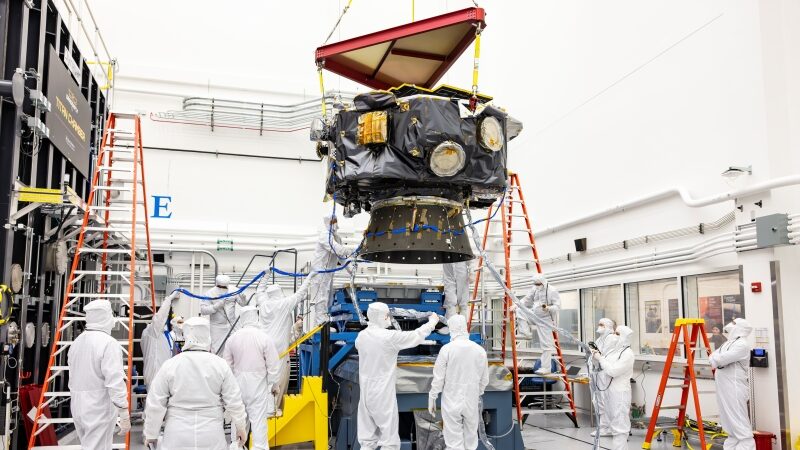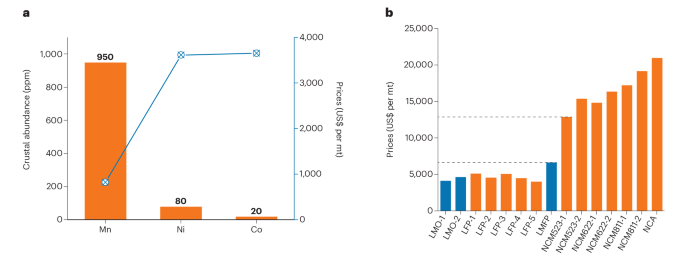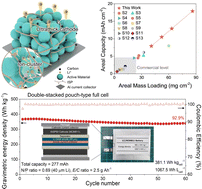More science friction for less science fiction
by Jennifer A. Byrne, Stefan Stender AI-ready health datasets can be exploited to generate many research articles with potentially limited scientific value. A study in PLOS Biology highlights this problem, by describing a recent, sudden explosion in papers analyzing the NHANES health dataset. A new study by Suchak et al. describes a sudden, recent explosion in papers analyzing the NHANES health dataset, where similar manuscripts have been described as overwhelming processes at some journals. In this accompanying Primer article, we summarize the study's findings and recommendations. We outline practical steps that publishers, journals, peer reviewers and readers can take to better recognize similarly formulaic, low-value submissions and publications to reduce their research impacts.
by Jennifer A. Byrne, Stefan Stender AI-ready health datasets can be exploited to generate many research articles with potentially limited scientific value. A study in PLOS Biology highlights this problem, by describing a recent, sudden explosion in papers analyzing the NHANES health dataset. A new study by Suchak et al. describes a sudden, recent explosion in papers analyzing the NHANES health dataset, where similar manuscripts have been described as overwhelming processes at some journals. In this accompanying Primer article, we summarize the study's findings and recommendations. We outline practical steps that publishers, journals, peer reviewers and readers can take to better recognize similarly formulaic, low-value submissions and publications to reduce their research impacts.













































































































































